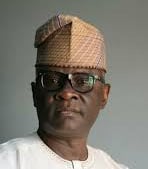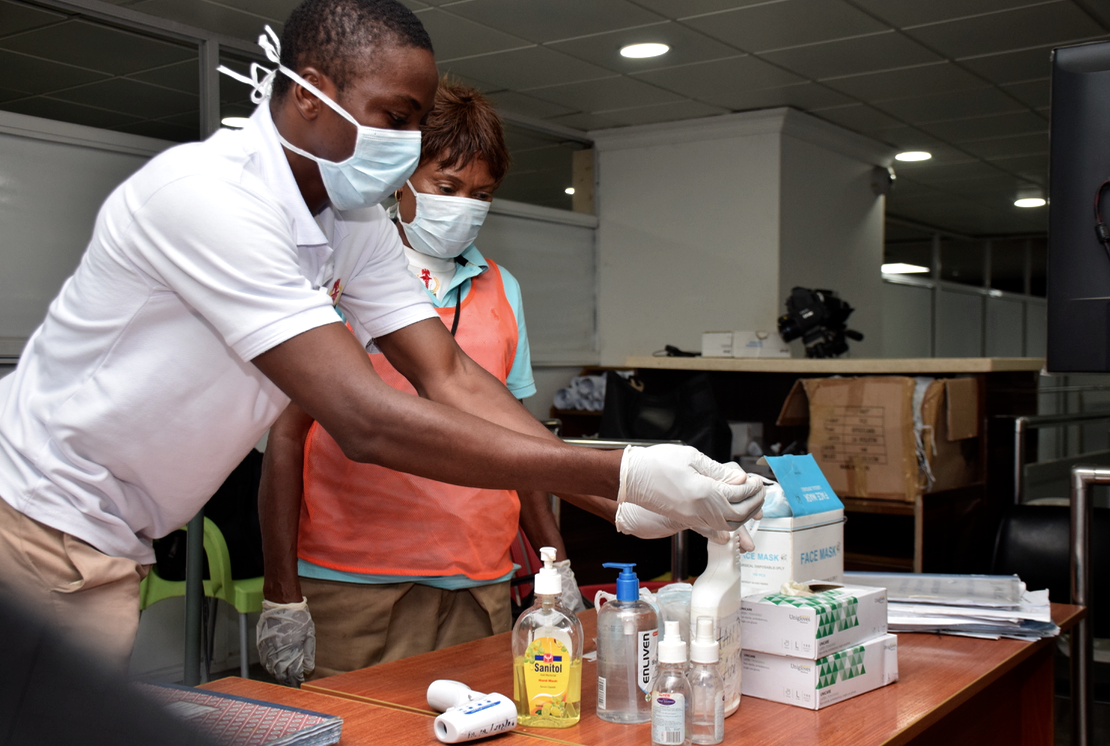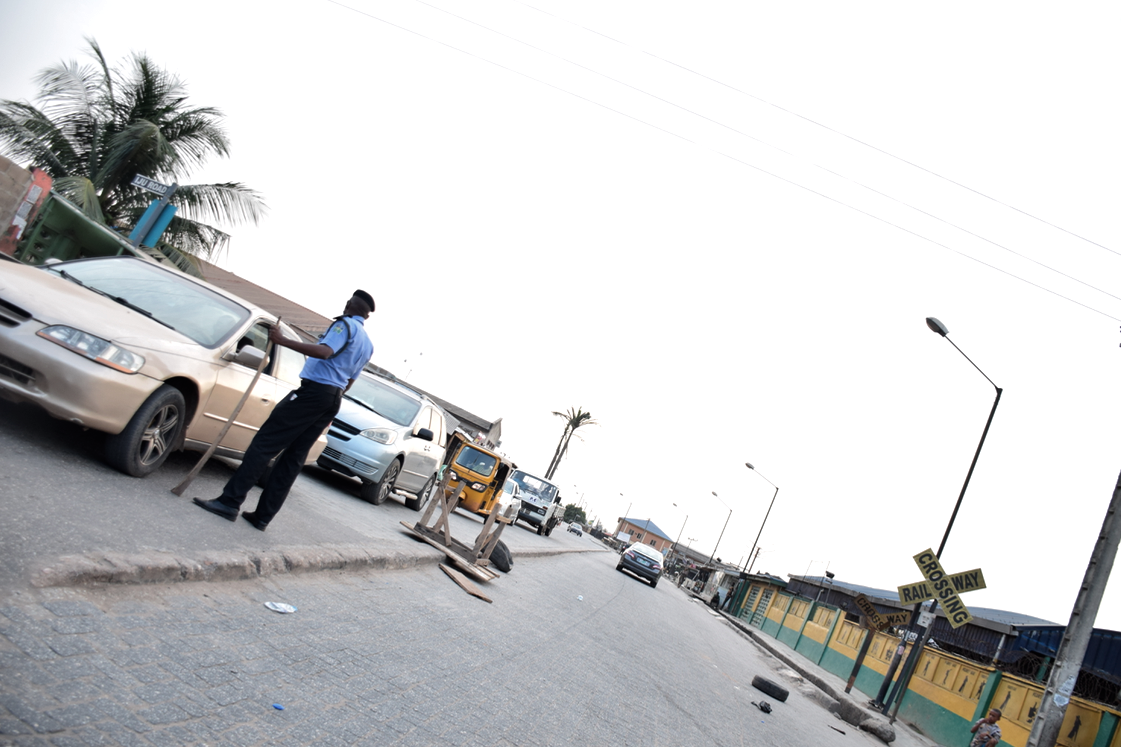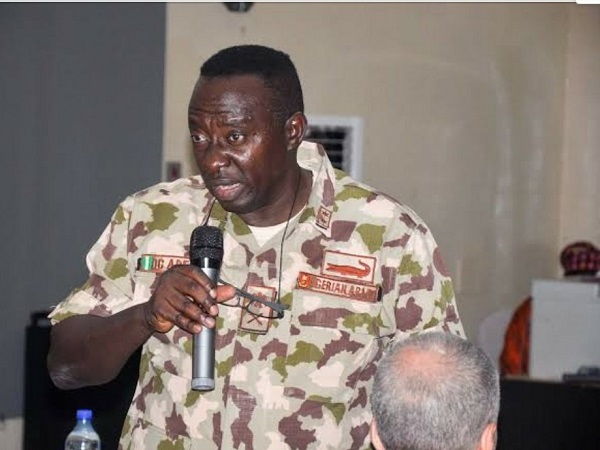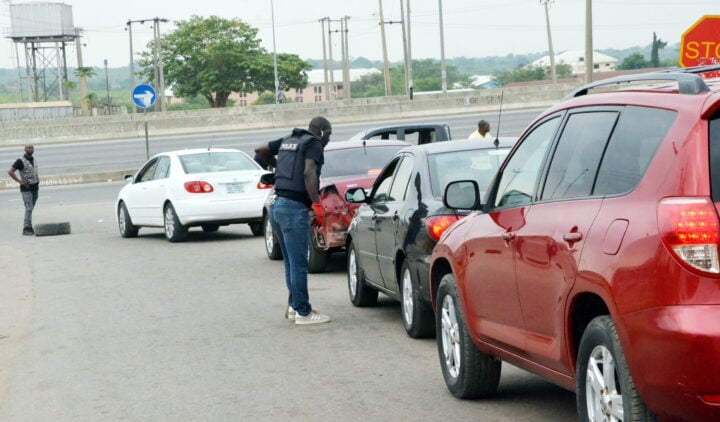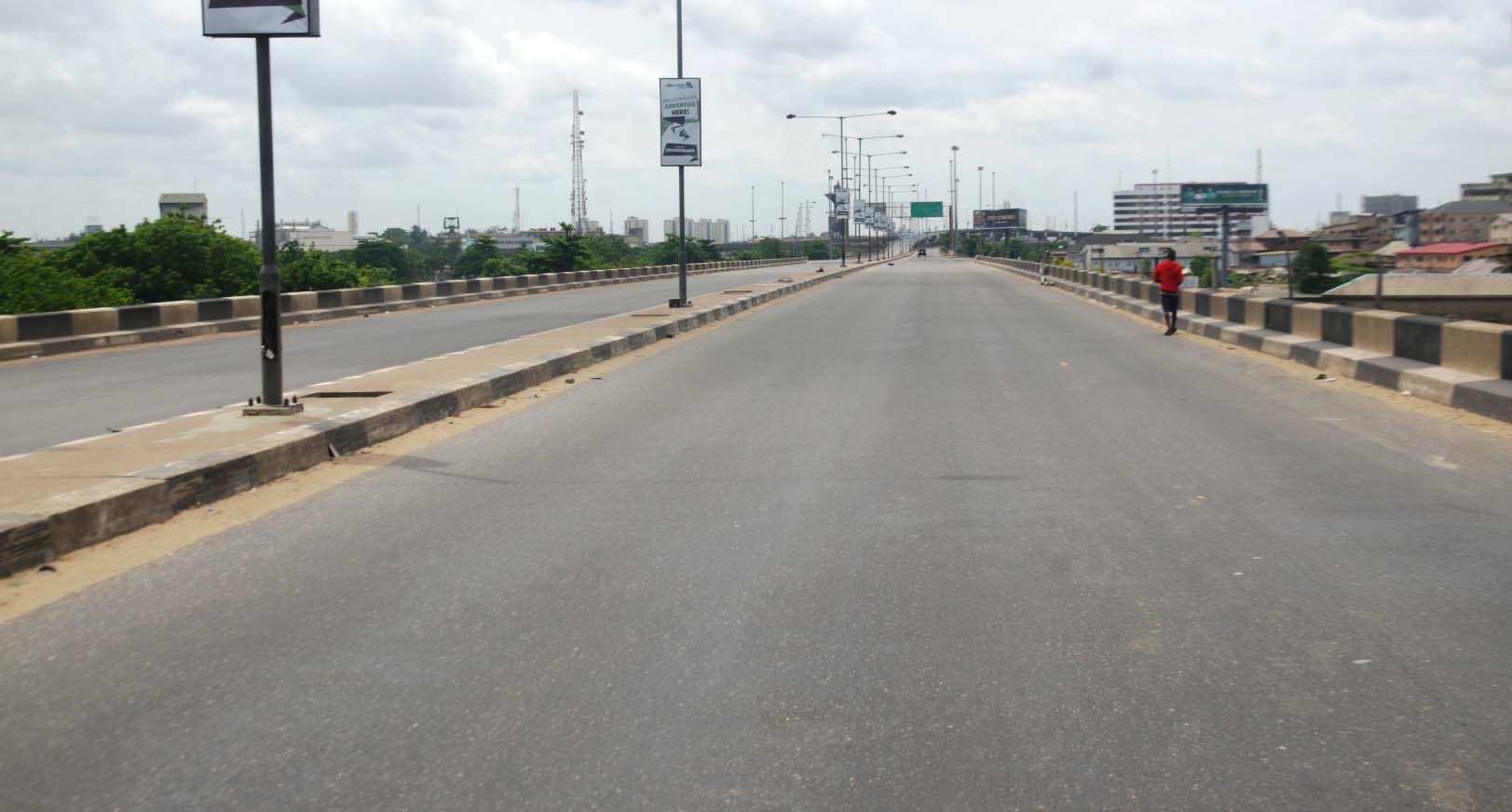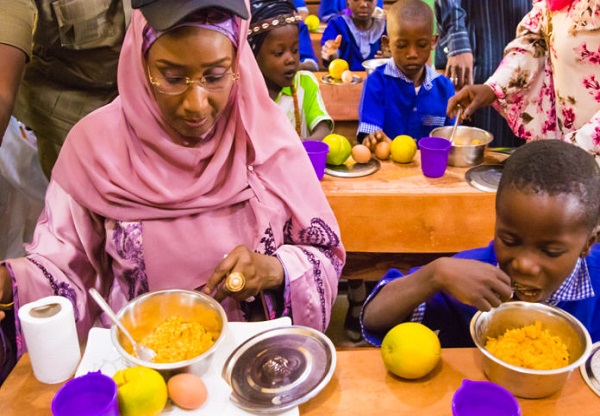The coronavirus pandemic is an experience humanity may never forget in terms of the psychological and mental trauma it has caused. The fatality record of the virus is so far staggering and still spiking in many countries in Europe and Africa, Nigeria in particular. The fear of the virus has locked down the nation’s economy, rapidly changing our lives and social behaviour as never before.
Experience they say is the best teacher. Ignoring the warnings of the young medical Doctor in Wuhan who first identified the virus as a global threat, has taught China never to disparage or underestimate any medical warning, no matter it’s source. The Second World War experience led to the creation of the United Nations and the North Atlantic Treaty Organization (NATO) to stop ethnic cleansing and unbridled territorial expansion. The genocide experience of Rwanda and the ethnic cleansing experience in Bosnia & Herzegovina taught the world that diplomatic intervention works best when it is not only decisive, but timely.
The world is currently experiencing a lethal COVID-19 pandemic and Nigeria most likely will have the highest rate of infections in Africa. As the largest black nation in the world, our response and lessons from the pandemic should prepare Nigeria for future health emergencies. Happily, Nigeria has risen up to this challenge spearheaded by the decisive actions of the Federal and Lagos State governments to combat and contain the spread of the pandemic. The ongoing horrific experience of the Corona Virus should teach some lessons that Nigeria must not miss, some of which are:
1. Reforming Border Control
Advertisement
The first index case in Nigeria and majority of the infected people were from travellers into the country from heavily infected Western European countries through our air and sea ports. This says a lot about the quality of entry protocols at our border posts both during crisis and peace times. We must not leave this experience without putting a reform lens on our Aviation sector, Immigration and Customs department to ensure that they don’t constitute a threat to our national security in all its ramifications including health as is evident in the case of Ebola and now Corona. These institutions need radical reform, manpower reorientation and training in order for them to perform more optimally.
2. Improving Federal-State Government Co-ordination
That COVID-19 infection and casualties are in states reaffirms that this is where rubber meets the road, where people live, services are demanded and where the impact of federal or local policies translate into quality of life or lack of it. Needless to say that our democracy and system of government needs to focus more on how to achieve and ensure sustained performance and competitiveness in states. The future of our nation lies in states that work for its citizens and a federal government that enables that vision and facilitates its accomplishment by every constitutional and legal means available to it. Thus, Nigeria’s success or failure lies in the effective governance and management of States. Alexander Pope in his timeless quote said “of the forms of government let fools contend, a nation well governed is well governed.” Emphasis on and promotion of governance in states is key to national success.
Advertisement
3. Recognising State Specific Needs
The statistics of COVID-19 experience in Nigeria typically shows that not all states are vulnerable in every crisis situation and among those affected that some states are more vulnerable than the other. The same conclusion is true in case of Ebola if we all recall. Just as in the case of Ebola and currently COVID-19, it is evident that by virtue of its geography, economic significance and historical circumstances, Lagos is a strategic state to Nigeria and remains both the proverbial golden goose and as well a burden bearer for Nigeria. Accounting for 25% of GDP, 70% of tax revenues, 60% of imports and 55% of air traffic, it’s so clear that it needs federal fiscal support to continue to serve its circumstantial roles for the rest of the country. The presidential declaration that Lagos is the epicentre of COVID-19 and approval of 10 Billion Naira grant to Lagos State to fight Corona is an existential reality that we often ignore. It is not always that federation support to states will be based on equality of states, which is often a “me too” calculation rather than strategic consideration. The time to debate and consider special federal support for states in exceptional situations in the collective best interest of the country has come. The case of Lagos States and FCT are so obvious and compelling.
4. Avoiding Fiscal Shocks
No reality check on our national and state budgeting system could be better than the cyclical and Corona induced crash in crude oil price. The vulnerability of our national fiscal security to volatility in oil price has put a strain on 2020 budget for both Federal and State Governments. That COVID-19 happened during revenue shortfalls and a threat of economic recession, teaches not only the need to save for the rainy day but also to anticipate that the rain could be torrential and come with devastating flood. Let us imagine ancient Egypt without its agricultural revolution and the wisdom of strategic food reserve that saved Egypt in the 7 years of famine that ravaged the Middle East of that era. What is the lesson in this for our Agriculture after the wasteful oil years? Where do we start after failing to accumulate reserves from oil to tide us over this famished season? Clearly we need greater grit and effort to address the challenging economic reform that lay ahead.
Advertisement
5. Education & Healthcare, Critical to Life
The search for treatment and anguish about the shortage of facilities underscores the criticality of effective, functional public health and our preparation for emergencies. The hunger for information on safety measures and observance of same underscore the need for an educated citizenry that understand the value and importance of public service information instructions and the need to obey them. Have these experiences not taught that the provision of education and healthcare should be at the epicentre of our national development strategy? How much of our federation resources is currently allocated to these life changing provision of education and health? It is a fortuitous happenstance that the process for the preparation of a medium term national development plan was about to commence before COVID-19 landed in our shores. No reminder could have been more compelling than coronavirus, that access to quality education and healthcare are the most essential elements that this new plan must address for Nigeria. They are the foundation of our human capital and represent the bedrock for all other types of development.
6. Strengthening the National Economic Council
Never before has the National Economic Council been as deliberative, open and engaging as it is currently under the hardworking leadership of Vice President Osinbajo. Nonetheless, there is still a sub-optimization of its strategic role in the management of the nation’s economy. Future governments need to consider a functional and structural reform of the council to review and expand membership, give states more roles, promote competitiveness, peer review, innovation and allow more public participation through improved openness and media reporting of its monthly meetings.
Advertisement
7. FCT as a Mayoralty
The FCT is the Nation’s Capital and second busiest entry point to the country has a population of about 3 million people and boasts of a GDP of $5.4 billion. During the period of this challenge, Governors in Corona affected states have in their capacity acted accordingly to protect residents of their state. Similarly the FCT should emulate this citizen responsive orientation as is done in states, through regularly briefing, broadcasting and issuing statements. The question now is how can we make the position of the administrator of FCT more accountable to its residents? Perhaps it now become imperative of the FCT to emulate the footsteps of Washington DC , Addis Ababa and Kigali to get itself a n elected Mayor that is accountable to its residents.
Advertisement
8. Love of Life is Universal
The CVID 19 pandemic exposed our fear of death, our ordinariness and equality of being and how dearly we covet life. Whether rich or poor, weak or powerful, Christian or Muslim, northern of southern, rural or urban, male or female everyone chose to life. The profile of infected people and the unfortunate casualties in Nigeria and globally speaks volumes and is a lesson to all of us.
Advertisement
9. Ensuring institutionalization and sustainability
In times of crisis and public emergency, philanthropists and institutions of goodwill always come to the aid of government as demonstrated in the case of COVID-19 in Nigeria. So far close to 10 Billion Naira has been raised for the 12-member Presidential Task Force for the control of COVID-19 headed by Secretary to Federal Government (SGF). Given the caliber of the members of the committee, it is not in doubt that they will ensure transparent accountability of its judicious use. What is left to be addressed Is what happens to the assets, infrastructure, unspent cash, from the donations and special intervention funds, when the committee’s work end. How do we ensure their safe custody and preservation for reuse in future? Warehousing and institutionalizing the resources, experience, protocol, manpower including the database of volunteers within NCDC could be one possible option. We must not loose the opportunity to institutionalize the experience and ensure sustainable response in the future. Also supporting an obvious frontier state like Lagos and the FCT to build world class disaster response capabilities will certainly be a good idea. Building capacities of other states to the scale of their risk and vulnerability should be a medium term objective.
Advertisement
10. Leadership and Communication
The COVID-19 virus outbreak again brings back to the front burner the communication responsibility of leaders to the led. Across the nations of the world, and in the specific case of President Muhammadu Buhari, presidential words in times of national crisis are words of potency with the power to navigate the ship of state towards resolution. This probably explains why there was sustained public demand for the President to address the nation and his speech was well received. He should be commended and encouraged to do it more often. Failure or delay in communication during national crisis could erode public confidence in government intentions. During this period there is an essential part of the Presidency that calls for regular public engagement and timely communication.
As the resilient nation that we are we will certainly over-power coronavirus, as we prevailed over the Nigerian Civil War, Economic Recession, Lassa Fever, Cholera, Ebola and so many other negative experiences. The COVID19 pandemic will pass and we all will be left to pick up the mess, therefore, we need build consensus on what needs to be sustained and what needs to change in our nation. I hope we can debate these proposals and reach agreement on what is actionable by who, when and how.
May God bless our Federal Republic.
Senator Adetunmbi is the chairman, committee on national planning and economic affairs. He represents Ekiti north.
Views expressed by contributors are strictly personal and not of TheCable.
Add a comment
